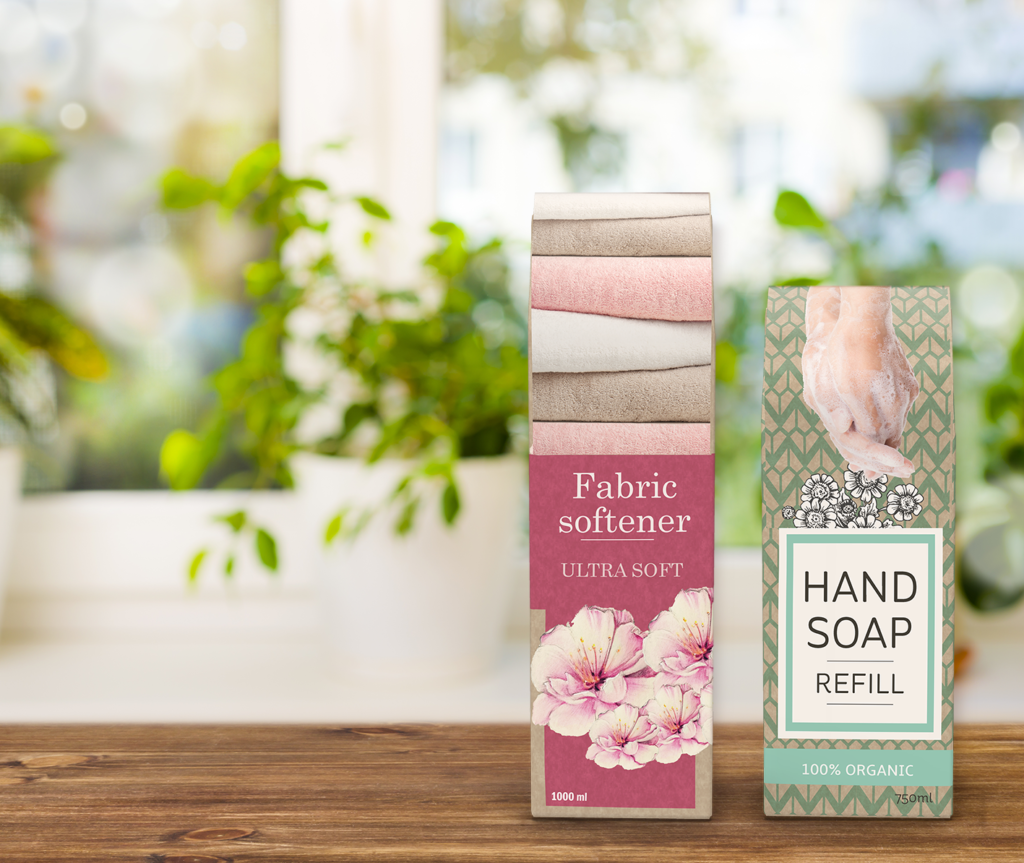D-PAK™ Cartons Boast a Smaller Carbon Footprint Laundry Detergent

Image Credits: D-PAK™
Landmark Life Cycle Assessment (LCA) displays that cartons have a significantly smaller carbon footprint than plastic bags for laundry cleaner. Elopak has informed the conclusions of a Life Cycle Assessment (LCA) research comparison to the company’s D-PAK™ cartons with LDPE pouches for usage as refill packing for household goods. The learning, commissioned by Elopak and assumed by Anthesis, associated the ecological influence of utilizing the D-PAK™ carton as a refill carton for a bottle of laundry cleanser versus an LDPE plastic bag in the EU market. The research found that cartons significantly outpace pouches across numerous groups, notably resource scarcity impact, global warming, CO2 footprint, and plastic reduction.
Key Findings
- Global warming: Using a D-PAK™ container as refill packaging, the consequences are a 24% lower influence on global warming than a 1L pouch, increasing to 28% for a 1.8L pouch. The carton still upholds a benefit even when LDPE bags are made with 50% and 100% recycled resources.
- Resource shortage impact: Utilizing a D-PAK™ carton as a fill-up solution is related to a 33% lower resource shortage influence than a 1L pouch. This upsurges to 38% for a 1.8L pouch.
- Plastic decrease: Utilizing D-PAK™ cartons as a refill scheme utilizes 44% less plastic than LDPE bags. A D-PAK™ carton comprises 9.0g of plastic, associated with 20.1g of plastic in an LDPE bag and 76.7g in a polypropylene bottle.
Earlier LCAs have confirmed the sustainability identifications of cartons in comparison with plastic bottles for goods such as juice and milk. A 2020 meta-investigation of LCA lessons commissioned by the Environment (ACE – now the Food and Beverage Carton Alliance) and the Alliance for Beverage Cartons created that beverage boxes had an average carbon footprint of 83g CO2/L, compared to 156g CO2/L for PET bottles, 430g CO2/L for one-time glass bottles, and 100g CO2 /litre for refillable glass bottles.
Having reintroduced the D-PAK™ carton in the year 2021, Elopak has supported well-recognized brands, including Sainsbury’s, Morrisons, Omo, and Paperdent, to accept more sustainable packaging resolutions for home and personal care goods, extending from laundry detergent to fabric softener, mouth spray, and smooth wiper fluid.
Elopak’s Senior Director for Sustainability, Emilie Olderskog, expressed, “We are delighted to be able to share these findings, which show that Elopak cartons are a significantly more sustainable packaging solution for laundry detergent than common refill alternatives like pouches. At Elopak, we are committed to delivering more sustainable packaging options for our customers and their consumers. This LCA now demonstrates that by choosing fiber-based cartons, home and personal care brands can offer shoppers similar sustainability advantages as Elopak customers in the food and drink sector. This gives consumers a more environmentally responsible option right across the supermarket aisles.”
Top Stories
- A Simple Guide to Understanding Benefits of Rigid Boxes
- A Packaging Guide for Artisanal and Handmade Product Brand
- UFLEX Expands PET Recyclable Woven Polypropylene Food Packaging to Mexico
- Tetra Pak Launches India’s First Carton Packaging with Certified Recycled Polymers
- PepsiCo Reinforces pep+ Strategy with Sustainable Packaging Goals
